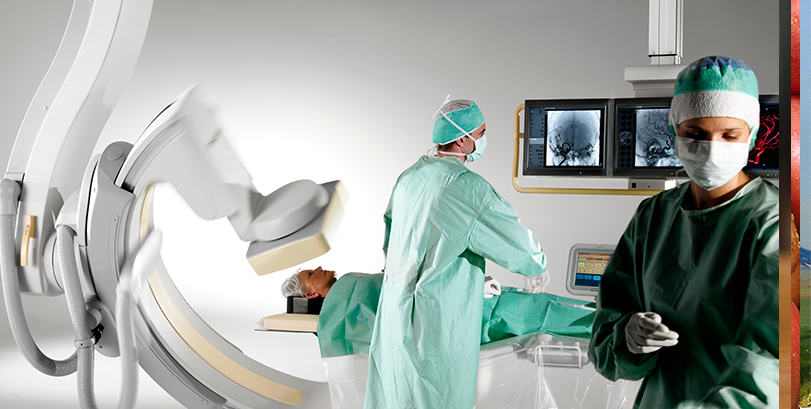Philips – Patient Adaptive Compressed Sensing #SWI2015
The Problem
The sampling density function in Compressed Sensing can best be optimized once the k-space density is known for the object under investigation. This is characterized by an MRI scan (fast pre-acquired data set), from which the k-space extent is estimated by a Fourier Transform. In addition, the data is acquired with multiple, spatially-localized, coil elements that impose a weighting function to k-space.
The optimal k-space trajectory for the required sampling density in Compressed Sensing in multi-coil acquisitions must also be constrained to match available gradient system capabilities: gradient amplitude, slew rate, and bandwidth (6kHz for example). The target is the development of a demonstrator algorithm to derive the most efficient object-specific k-space trajectory for Compressed Sensing. Further k-space weighting may be imposed by relaxation effects, a.k.a. T2/T2* effects. Such additional weighting could potentially be taken into account after the development of the basic algorithm.
We are interested in 2 flavors:
- samples constrained on a Cartesian grid,
- free traversal of 3D k-space.
The envisaged algorithm should work ‘real-time’ with our PDF, i.e. complete within say 15 ms on state of art Intel hardware.

